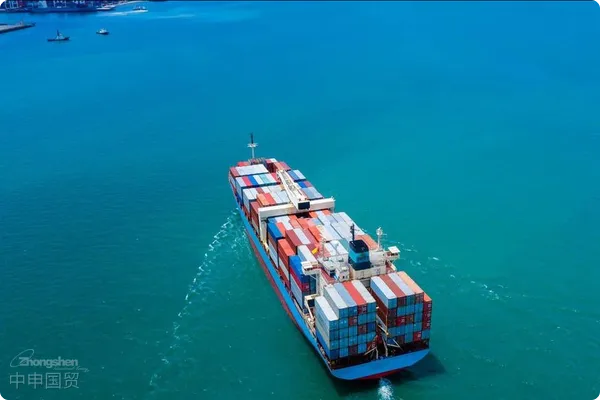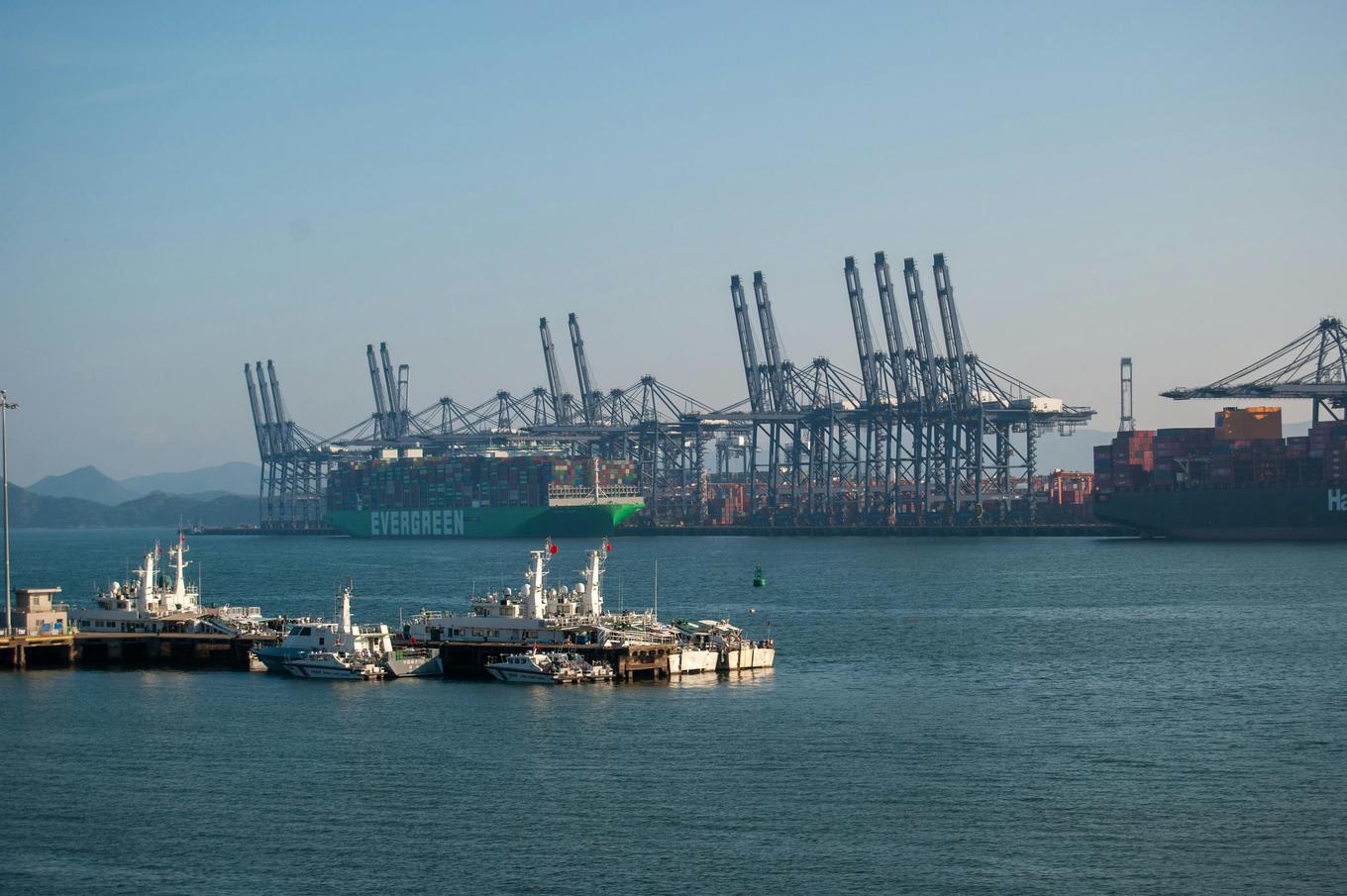- Shanghai Zhongshen International Trade Co., Ltd. - Two decades of trade agency expertise.
- Service Hotline: 139 1787 2118

German-imported CNC machine tools: Embarking on a new journey in high-end manufacturing
In todays globalized manufacturing landscape, German CNC machine tools have become a key choice for many enterprises to enhance production capacity and product quality, thanks to their high precision, high performance, and exceptional quality. However, importing CNC machine tools from Germany is not an easy task, involving complex international trade processes, regulatory policies, and numerous details.ZhongShen International TradeWith profound expertise in theExport RepresentationWith profound experience in the service sector, particularly in documentation processing and logistics services, we assist enterprises in successfully completing imports.
Opportunities and challenges in the current international trade landscape
The current international trade situation is complex and volatile. On one hand, the recovery and upgrading of global manufacturing have led to sustained growth in demand for high-end CNC machine tools, creating broad market opportunities for imports from Germany. On the other hand, the rise of trade protectionism, tariff adjustments, and increasing trade barriers have raised import costs and uncertainties. For example, some countries may impose import restrictions on specific electromechanical products, requiring importers to closely monitor trade policy changes and prepare response strategies in advance. Additionally, exchange rate fluctuations significantly impact import costs, necessitating the use of financial tools to mitigate currency risks.
Documentation Processing: Rigor is Key
When importing CNC machine tools from Germany, documentation processing is crucial. First, the commercial invoice serves as an essential record of key information such as goods value, quantity, and specifications, and must be accurate and strictly match the actual goods. The packing list details the packaging conditions, including the number of boxes, dimensions, and weight of each box, providing foundational data for transportation and customs clearance. The bill of lading, as a document of title, plays a central role throughout the shipping process. Our professional documentation team is well-versed in the norms and requirements of various trade documents, ensuring efficient and accurate preparation, review, and submission. During document review, we focus on consistency across documents, such as ensuring the descriptions, quantities, and weights on invoices, bills of lading, and packing lists align to avoid customs clearance delays or trade disputes due to discrepancies.
Logistics Arrangement: Balancing Efficiency and Safety
The logistics phase directly impacts whether goods arrive on time and safely at their destination. For transporting CNC machine tools from Germany, options typically includeMaritime TransportationorAir TransportationAdvantages Highlighted
Russian market: VTBFX Settlement AgencyThe advantages are obvious
After importing CNC machine tools, they may be sold or reprocessed in Southeast Asian markets. For example, when selling in Vietnam, the import process generally involves the following steps: Upon arrival at a Vietnamese port, the first step is to exchange the bill of lading for a delivery order. Next, submit a customs declaration, including the commercial invoice, packing list, bill of lading, and import license (if required). Vietnamese customs will inspect the goods to verify consistency with the declared information and compliance with local quality and safety standards. For CNC machine tools, technical parameters and quality certification documents may also be required. If the inspection passes, the enterprise must pay applicable tariffs and taxes (e.g., VAT) to complete customs clearance and take delivery.
Southeast Asian Market: Detailedimport and exportProcess and Solutions
For imports into Southeast Asian markets, we provide comprehensive solutions. Before goods arrive, we assist enterprises in obtaining necessary import licenses and stay updated on the latest Vietnamese customs policies and declaration requirements to ensure accurate information. During customs clearance, if inspection issues arise, our extensive experience enables effective communication with customs to resolve problems quickly and avoid additional port storage fees. We also calculate applicable taxes in advance to help enterprises control costs.
For exports, if products processed in Southeast Asia need to be exported, a series of processes are also involved. First, prepare export documents such as the commercial invoice, packing list, bill of lading,
Product Certification Services: Facilitating ComplianceIt is recommended to verify through the following methods:When importing CNC machine tools from Germany, product certification is essential. Different countries and regions have varying certification requirements. For example, EU countries typically require CE certification to demonstrate compliance with safety, health, and environmental standards. In Russia, GOST certification may be needed. While we do not directly provide certification services, our extensive industry experience enables us to inform clients of required certifications and related requirements. During the certification process, we assist clients in preparing documentation and coordinating with certification bodies to ensure smooth progress. This helps enterprises legally sell and use CNC machine tools in target markets, avoiding legal risks and market access barriers due to certification issues.
In summary, when importing CNC machine tools from Germany amid complex international trade conditions, choosing a professional
agent is critical. With our expertise in documentation processing, efficient logistics arrangements, unique VTB foreign exchange settlement advantage, and comprehensive services in import/export processes and product certification, we provide robust support for enterprises importing German CNC machine tools, helping them advance steadily in high-end manufacturing.
Key Points to Know When Importing CNC Machine Tools from Germany!foreign tradeComplete Guide to Importing Baby Playpens: How Can a Trade Agent Help You Avoid Fence Traps?
Related Recommendations
© 2025. All Rights Reserved.Shanghai ICP No. 2023007705-2 PSB Record: Shanghai No.31011502009912
PSB Record: Shanghai No.31011502009912










